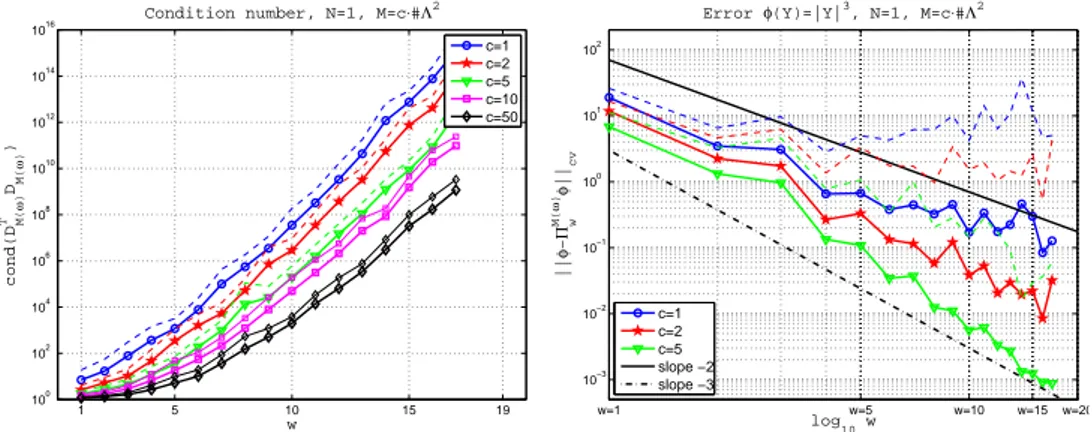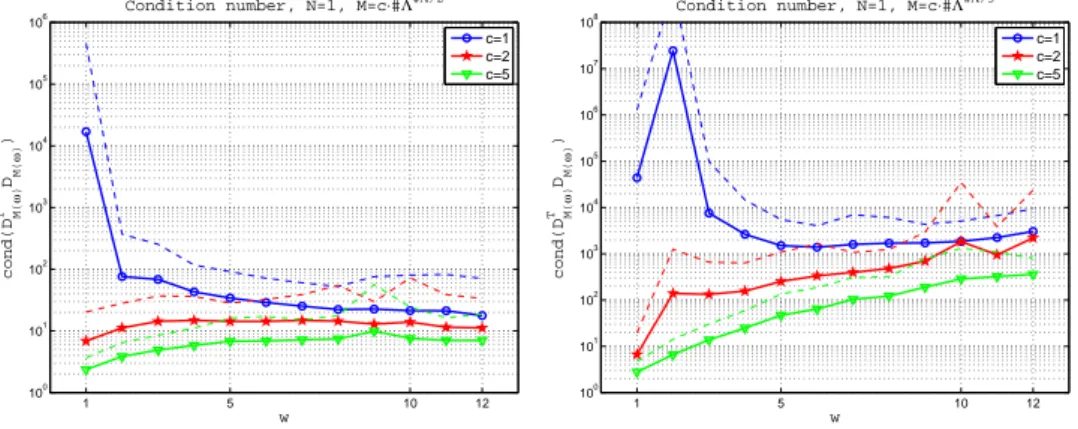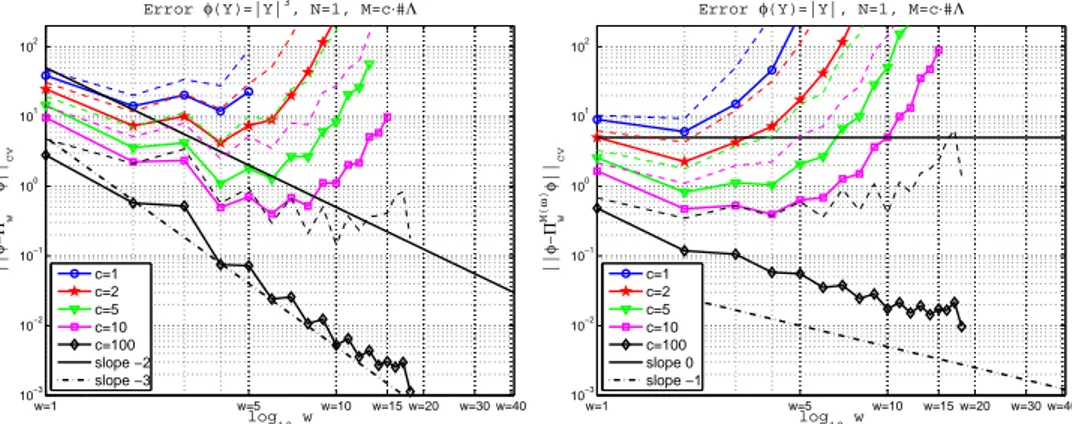Polynomial approximation by means of the random discrete L2 projection and application to inverse problems for PDEs with stochastic data
Texte intégral
Figure

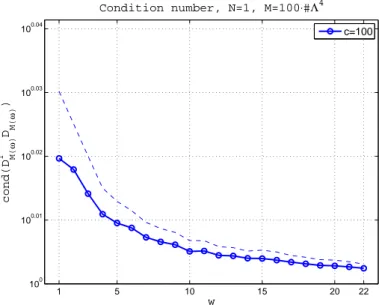


Documents relatifs
A case where approximate products are easy to find is when the coordinate of the approximation of a function is a sample (interpolating scaling functions [8, 9]) or an approximation
Whereas the continuous tensor product structure of the bosonic Fock space exhibit its natural "tensor-independence" structure, it is natural to think that the free Fock
Whereas the continuous tensor product structure of the bosonic Fock space exhibit its natural “tensor- independence” structure, it is natural to think that the free Fock space
the increased risk of myopathy observed in the HPS2-THRIVE study, niacin has failed as a valuable ‘partner’ of statin therapy in lipid-targeted approaches to reduce major
As previously, we can solve the governing equation by seeking similarity solutions, but a full analytical solution to the boundary initial value problem can be worked out by using
In this work, we build on the results obtained in [19] (for the random matrix case) and address the construction of a class of prior generalized stochastic models for elasticity
In this work, we derive a discrete version of the first Weber inequality (2) on (three-dimensional) hybrid spaces spanned by vectors of polynomials attached to the elements and faces
L’archive ouverte pluridisciplinaire HAL, est destinée au dépôt et à la diffusion de documents scientifiques de niveau recherche, publiés ou non, émanant des
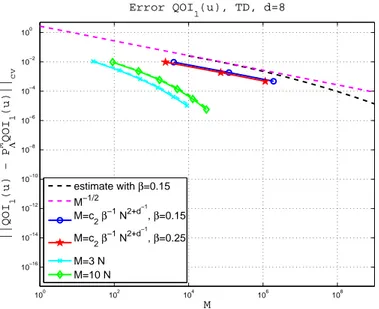
![Figure 3.2: Some probability densities in the beta family with support in [−1, 1].](https://thumb-eu.123doks.com/thumbv2/123doknet/2695429.62803/79.892.238.616.707.1108/figure-probability-densities-beta-family-support.webp)
